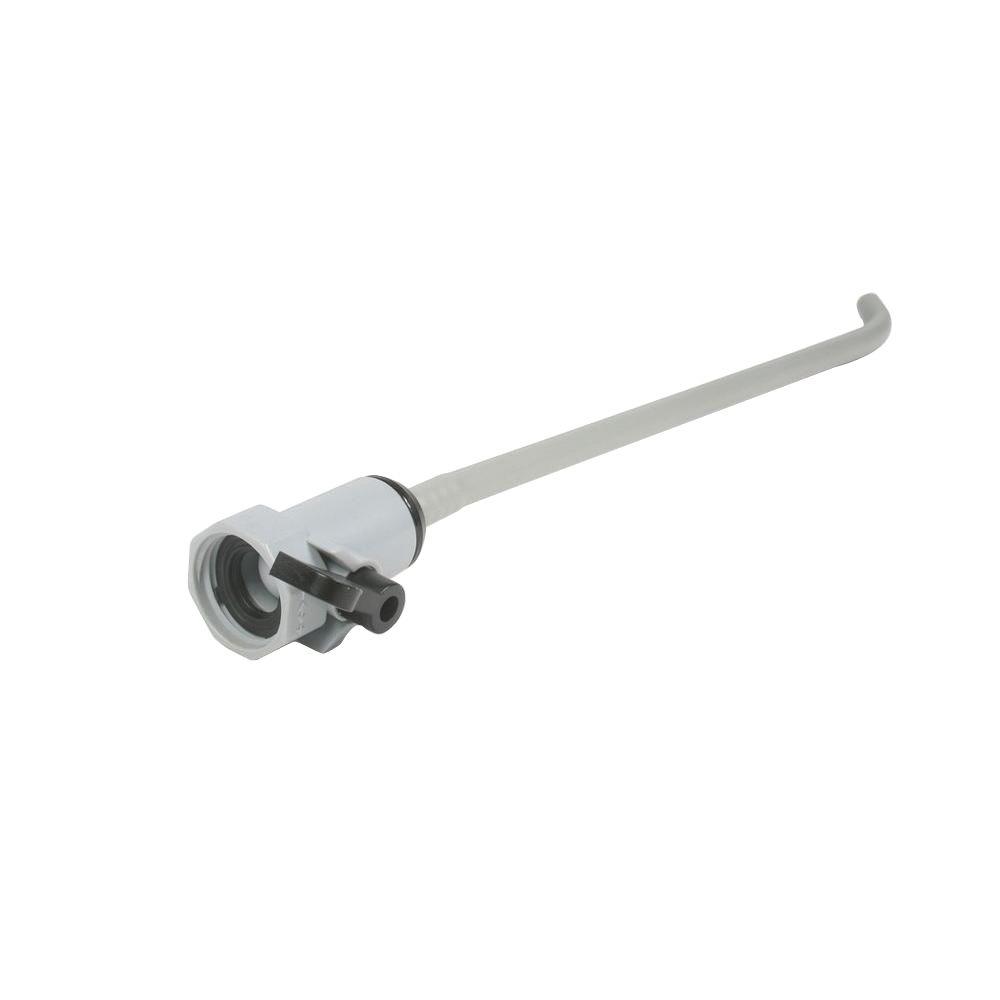Sorry in advance for the long post as I wasn't sure if I should start a new thread or not. But since this is mainly a close out to the issues raised in this thread, it made the most sense to post here.
As mentioned earlier, our 5.5 year old AO Smith water heater starting leaking despite our best efforts to prolong its life after discovering it had started rusting. The original anode was consumed by our softened water within 4 years as all we found was the support wire left. And then the replacement anode rod installed 17 months ago had snapped off since then, providing no protection, and the tank eventually rusted. Here is a photo of the original anode next to the removed nub from the second anode installed. Next to them is the aluminum rod that came out of the new heater (Rheem PROG50).


Despite the monthly flushing we've done over the last 17 months, when we removed the drain valve from the old heater even more sediment came out. Seems like you can never get all the sediment out given drain location unless you use one of those wands posted earlier. I assume the white sediment is from the breakdown of the aluminum rod stuck in there and the orange/red sediment is from the steel tank rusting.
New heater came with a nice 3/8 inch ball valve, brass drain, but we opted to reinstall the old 3/4 inch full port ball valve for faster flushing and draining. We did replace the old galvanized nipple with new, shorter brass nipple so it wouldn't stick out as far.
The reason why we pulled out the aluminum anode rod from the new heater was to install a powered anode rod. After seeing the prior anode rod had fallen off, we decided to go in another direction and give powered rod a try. We installed the Corro-Protect anode rode in the hopes of getting a longer life from this new heater without going through a few anode rod changes. Checked continuity between rod power tip and tank and there is continuity through water. Voltage has ranged between 2.6-2.8v during initial testing. Voltage checked as far down as drain valve and reading is consistent with hot and cold nipples. Apparently lower voltage is common in softened water as it is more conducive to electric current.


